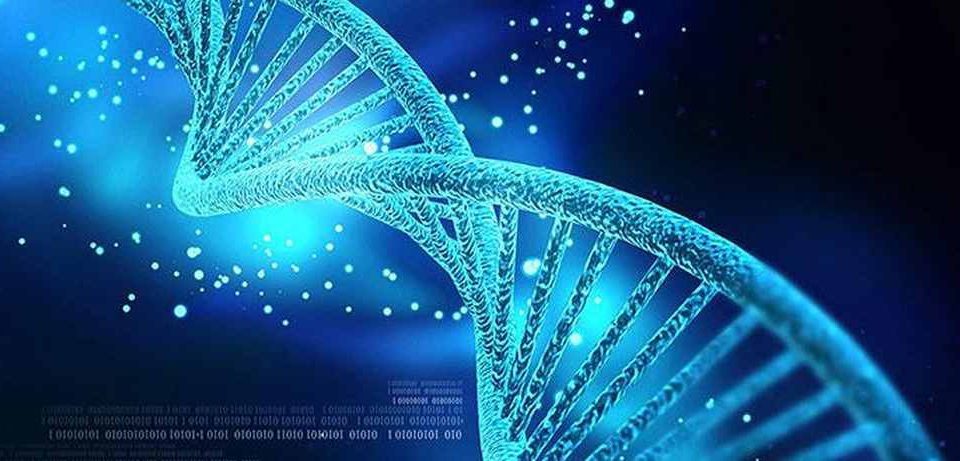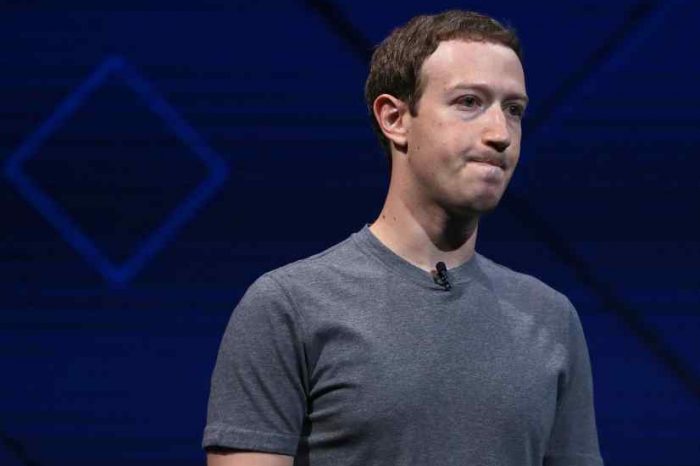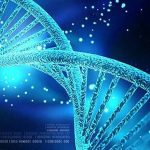Genome writing startup Replay receives a $1.5m grant from Bill Gates for its immune silencing technology to bring “big DNA” treatments to diseases

One in ten Americans suffers from a rare disease, according to the National Institutes of Health (NIH). The agency found that there are approximately 7,000 rare diseases affecting between 25 and 30 million Americans. That’s why San Diego-based genome writing tech startup Replay is on a mission to bring “big DNA” treatments to diseases affecting the skin, eye, brain, and muscle.
The human body is made up of nearly 40 trillion cells and roughly 200 different cell types. As massive as these cells are, the Replay team is developing an immune silencing technology called uCell™ to write and use its “big DNA” to target diseases, including solid tumors and polygenic diseases.
Today, Replay announced it has received a $1.56 million grant from the Bill & Melinda Gates Foundation to accelerate the development of uCell™, a proprietary hypoimmunogenic technology platform.
The announcement comes just five months after Replay raised $55 million in seed financing in July 2022 supported by an international syndicate of investors that includes KKR, OMX Ventures, ARTIS Ventures, and Lansdowne Partners.
The new grant will enable the Company to develop a universal off-the-shelf platform in a reliable, scalable, and cost-effective manner, and broaden the utility and accessibility of cell therapy, including regenerative medicine applications.
Replay is led by Executive Chairman, President, and Co-Founder Adrian Woolfson, a former Pfizer and former head of R&D at genomic medicine biotech Sangamo Therapeutics. Woolfson has also held leadership roles with Big Pharmas Bristol Myers Squibb and BMS.
Commenting on the grant, Woolfson said: “Hypoimmunogenic technology is the ‘holy grail’ of cell therapy and the non-dilutive funding received from the Bill & Melinda Gates Foundation will help accelerate the development of our uCell™ technology.
The ability to reprogram hypoimmunogenic iPSCs with our high payload synHSV™ platform will unlock a differentiated set of opportunities. As is the case with synHSV™, and given the substantive opportunity in the space, we plan to progress our uCell™ technology through distinct therapeutic area-focused product companies.”
Replay’s uCell™ platform is an off-the-shelf, genomically rewritten, hypoimmunogenic technology that allows allogeneic donor-derived primary cells and iPSCs (Induced Pluripotent Stem Cells) to be made immune silent. The technology is expected to substantially decrease the cost-of-goods of cell therapies, improve product volume and consistency, enable extensive genome engineering, and in the case of cancer cell therapy, enable deeper clinical responses and reduced relapse rates.
uCell™ is anticipated to form the basis of several off-the-shelf iPSC-derived immune cell therapies applicable to multiple therapeutic areas, including cancer and infectious diseases. The technology is relevant to both the developed and developing worlds, with the anticipated reduced cost of goods improving equity of access.
It is expected to address many of the key challenges of cell therapy, including scalability, the ability to introduce extensive genomic modifications, and the need to reduce cost-of-goods. We are immensely grateful to the foundation and our investors for supporting Replay’s vision for the future of genomic medicine, which includes a focus on the development of high-impact and affordable cell therapies that are accessible to both industrialized and rural communities.”
Lachlan MacKinnon, Chief Executive Officer, and Co-Founder of Replay, added: “Replay’s hypoimmunogenic technology is the result of a convergence of synthetic biology, computational design, and protein engineering with iPS cell technology.
It will enable the Company to develop a universal off-the-shelf platform in a reliable, scalable, and cost-effective manner, and broaden the utility and accessibility of cell therapy, including regenerative medicine applications. The ability to reprogram hypoimmunogenic iPSCs with our high payload synHSV™ platform will unlock a differentiated set of opportunities. As is the case with synHSV™, and given the substantive opportunity in the space, we plan to progress our uCell™ technology through distinct therapeutic area-focused product companies.”
Professor Herman Waldmann, Co-inventor of uCELL™ and Emeritus Professor of Pathology at the Sir William Dunn School of Pathology at the University of Oxford, said: “As a physician-scientist, it is encouraging to see Replay advance the uCell™ platform, which has the potential to overcome many of the current limitations of cell therapies. By making iPSCs immune silent to generate a universal cell with utility as a renewable source for cell therapies, uCell™ has the potential to bring the benefits of this important therapeutic modality to patients across the world.”
Ends
Replay aims to define the future of genomic medicine through reprogramming biology by writing and delivering big DNA. The Company has assembled a toolkit of disruptive platform technologies – including a high payload capacity HSV platform, a hypoimmunogenic platform, and a genome writing platform – to address the scientific challenges currently limiting clinical progress and preventing genomic medicine from realizing its full potential.

